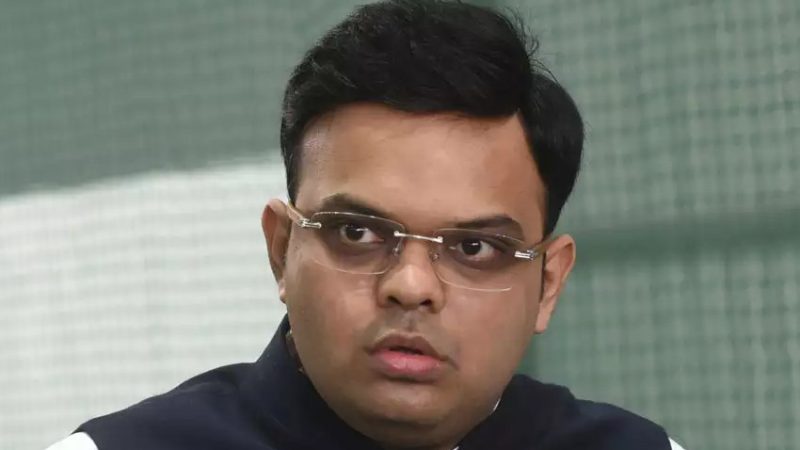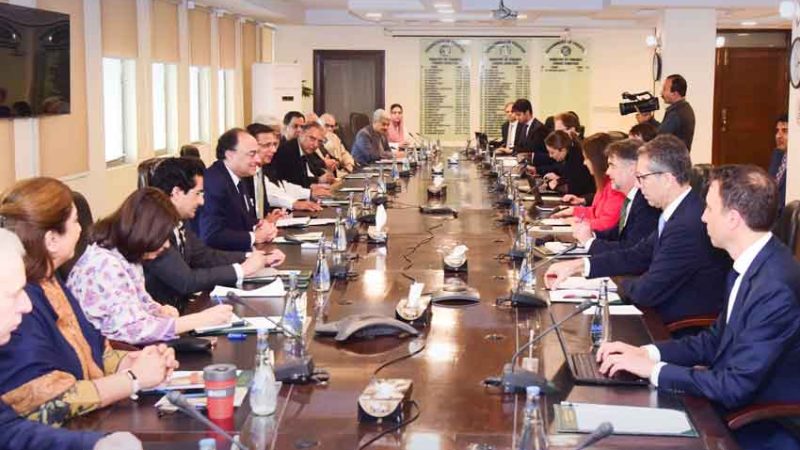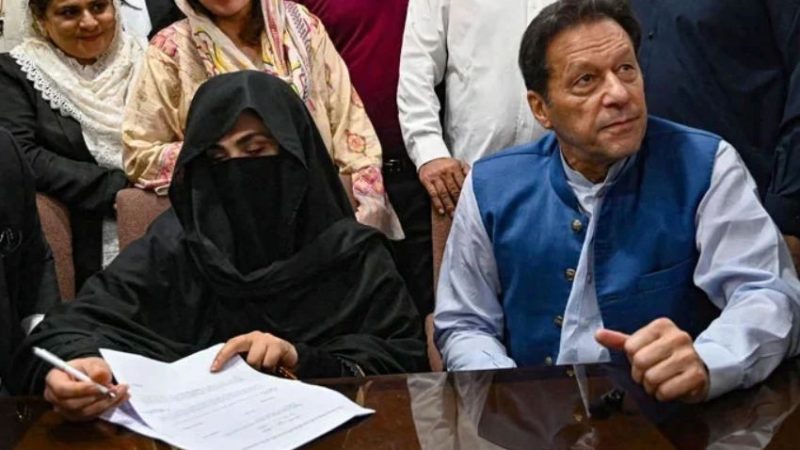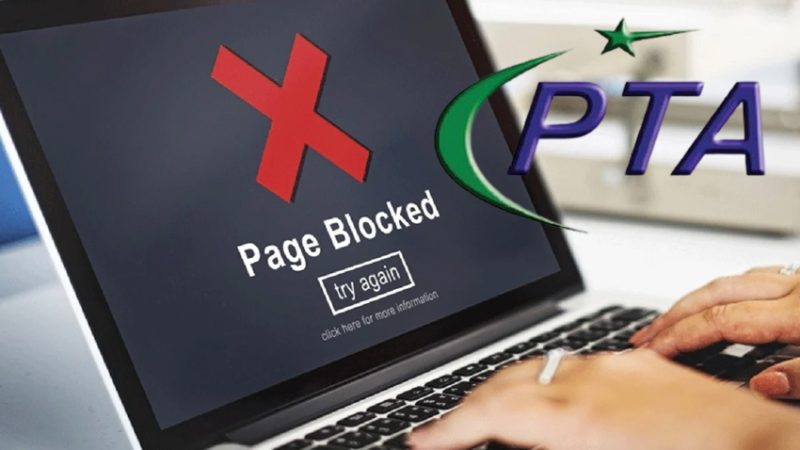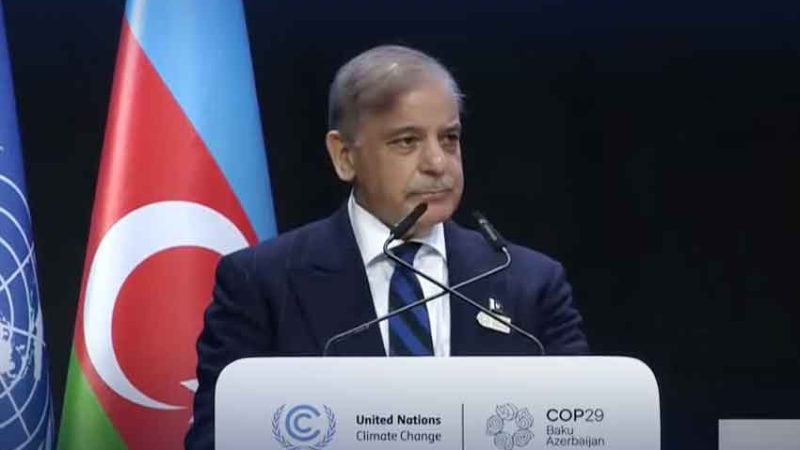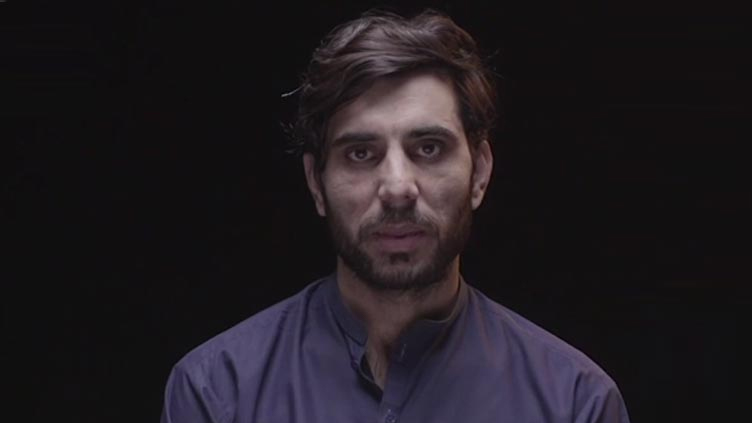Concerning freedom of expression, HRCP has major reservations.
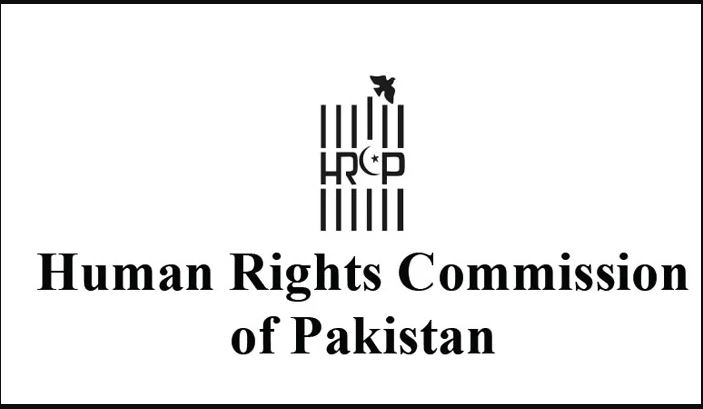
The Human Rights Commission of Pakistan (HRCP) has voiced severe misgivings about freedom of expression in 2021 in its flagship annual report, ‘the State of Human Rights in 2021,’ according to the source.
According to HRCP data, journalists were intimidated or completely silenced in at least nine incidents, whether through attack, forced disappearance, murder, or overt censorship.
“In addition, the former administration will be known for seeking to impose the harsh Pakistan Media Development Authority Ordinance on the media.” “With this fundamental right in jeopardy, all other rights became further restricted,” the report stated.
The government’s efforts to broaden the scope of limits on freedom of expression under Article 19 of the Constitution have encouraged the opposition.
Furthermore, the assassinations of a Sri Lankan manufacturing manager in Sialkot by a lynch mob on blasphemy charges and of human rights campaigner Nazim Jokhio, allegedly by PPP politicians, are both examples.
According to the research, the previous federal government’s near-absence of political consensus-building was reflected in the number of presidential ordinances it issued — a record 32 in 2021. The long-awaited bill intended at criminalizing coerced disappearance as a separate, autonomous offence had not been passed as of the end of December 2021. Balochistan had the largest number of enforced disappearances (1,108) submitted to the Commission of Inquiry on Enforced Disappearances in 2021.
It went on to say that rising religiosity was nevertheless a reason for concern because of the consequences for women and religious minorities. “This was evident from the Council of Islamic Ideology’s objections to the Domestic Violence Prevention and Protection Bill 2020 and the Prohibition of Forced Conversions Bill 2021,” it said, adding that despite the country’s 5,279 rapes and 478 honour killings, as well as the heinous murder of Noor Mukaddam in Islamabad, women’s rights activists rightly spoke of a ‘femicide emergency’ in Pakistan in 2021.
Meanwhile, the plight of workers and peasants deteriorated significantly in 2021, with the pool of jobless people swelling as companies downsized, especially with a mere Rs2,000 increase in the minimum wage in Punjab and the Supreme Court’s decision to stay the Sindh government’s move to raise the wage to Rs25,000.
“While the previous government claimed that the Single National Curriculum would eliminate educational inequities,” according to the report, “it garnered considerable condemnation from education experts and human rights defenders for its lack of inclusivity and poor pedagogy.”
The National Commission for Human Rights (NCHR) and the National Commission for the Status of Women (NCSW) were both reactivated, with new chairpersons selected, however the NCSW nomination was clouded by political controversy.
The number of people sentenced to death has decreased significantly, from at least 177 in 2020 to 125 in 2021. There were no reported executions, but the Supreme Court did commute the sentences of three intellectually challenged death row inmates in a groundbreaking decision.
“During its term in office, the existing government must not make the error of dismissing human rights issues. The panel stated that it must “commit to defending freedom of expression as well as the rights of all vulnerable and excluded groups.”
At the same time, it must not fall into the trap of acquiescing to far-right groups like the TLP, which had no qualms about resorting to violence to further its goals in 2021, or of ignoring citizens’ voices — whether those of people in Gwadar demanding a stake in the region’s economic development or tribespeople in Khyber Pakhtunkhwa calling for the state to maintain law and order in the face of rising militancy.
It’s worth noting that the HRCP has been the only organization to constantly document the country’s human rights condition for more than 30 years, providing a unique gauge of human rights and democracy.


